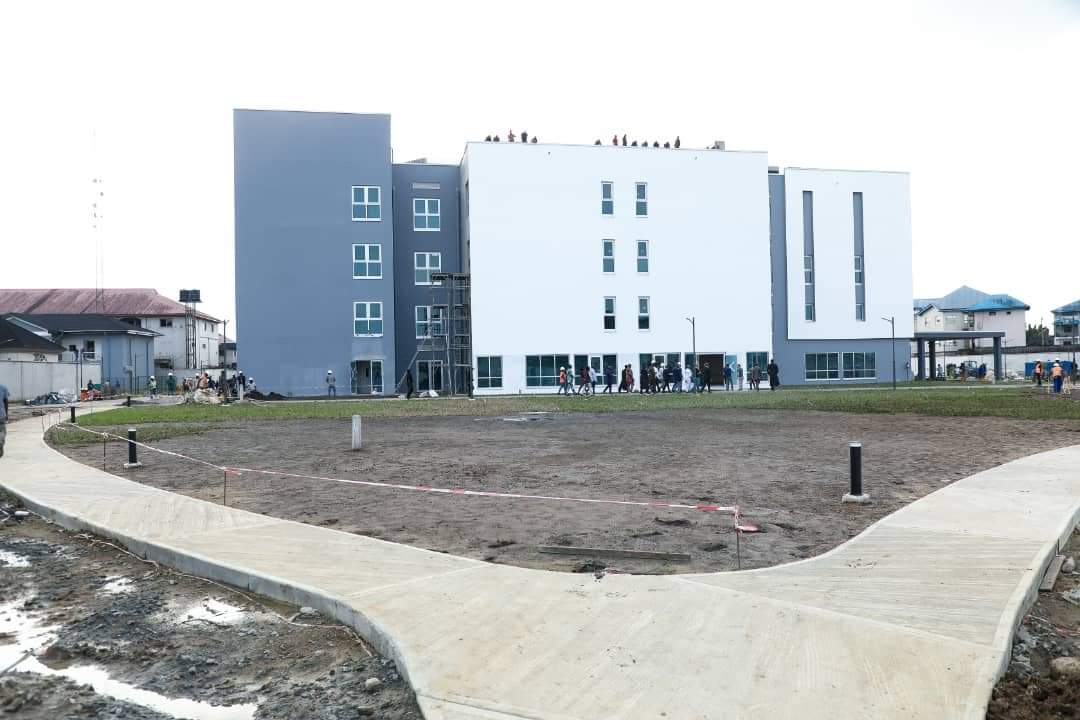Editorial
Making Medical Care Available For Diabetics

In commemoration of this year’s World Diabetes Day today, 14 November 2022, medical experts have
emphasised the need to raise awareness of the growing burden of this disease, and strategies to prevent and manage the threat. This year’s theme is again “Access To Diabetes Care”, as it was last year, and will be again in 2023, highlighting the importance of prevention and response efforts.
This theme is focused on intensive diabetes education for healthcare professionals and the people living with diabetes which would enable better access to quality educational platforms educating and encouraging early diagnosis and adhering to a better lifestyle and preventive tips to fight the escalating prevalence of diabetes worldwide.
Furthermore, the theme concentrates on providing better educational content and coaching to the healthcare professional on effectively detecting and diagnosing diabetes and utilising their precious time to impart education to diabetes patients on how to prevent this disease by having lifestyle changes. This would provide mental support to the patients and help them to understand their current situation to assist prevent any further complications.
WDD was founded by the International Diabetes Foundation (IDF) in collaboration with the World Health Organisation (WHO) in 1991, and it became an official United Nations Day in 2006 under UN Resolution 61/225. The day 14 November was chosen to commemorate the birthday of Sir Frederick Banting, co-discoverer of Insulin along with Charles Best, in 1922.
Diabetes is a disorder in which the body fails to process and utilise the glucose which is produced from the food we consume. Glucose is the leading source of energy in the body. Inefficient assimilation of glucose can hamper one’s day-to-day activity, and unmanaged diabetes could lead to fatal complications like cardiovascular issues, nerve damage, kidney damage, foot damage, skin infections, erectile dysfunction, depression, dental problems and more.
According to International Diabetes Foundation (IDF), diabetes caused 67 lakhs death in 2021, and it is estimated that 53.7 crore (1 in 10) people were living with this disease in the same year and there is an indication that this count will rise to 64.3 crore in 2030 and 78.3 crore by 2045.
It is considered that 1 in 2 adults, affected with diabetes remains undiagnosed, the majority of them suffering from type 2 diabetes, which can be prevented with few lifestyle changes and healthy dietary habits. Because of the lack of proper information and guidance to understand the signs and symptoms and get an early diagnosis to start the preventive measures, it is projected that nearly 54.1 crore adults are at risk of developing type 2 diabetes.
World Health Organisation says about 422 million people worldwide have diabetes, the majority living in low and middle-income countries like Nigeria, and 1.6 million deaths are directly attributed to the ailment each year. Both the number of cases and the prevalence of diabetes have been steadily increasing over the past few decades.
Africa’s diabetes statistics illustrate the depth of the challenge: 24 million adults are currently living with diabetes, with that number predicted to swell by 129% to 55 million by 2045. Last year, diabetes mellitus took the lives of 416,000 people on the continent and is forecast to become one of the leading causes of death in Africa by 2030. Diabetes is the only major non-communicable disease (NCD) for which the risk of dying early is increasing, rather than decreasing.
Experts’ assessment of the illness in Nigeria reported that its prevalence had increased from 2.2 per cent in 1992 to 5.77 per cent in 2017, a 2.6-fold increase in prevalence over the past two and half decades. Researchers’ analysis of diabetes reported its prevalence was highest in South-South Nigeria. It was 3.0 per cent in the North-West; 5.9 per cent in the North-East, 3.8 per cent in the North-Central, 5.5 per cent in the South-West, 4.6 per cent in the South-East, and 9.8 per cent in the South-South.
They found that urban dwellings, physical inactivity, advanced age, and an unhealthy diet are critical risk factors for the ailment among Nigerians, recommending a national diabetes care and prevention policy. The modest improvement in living standards witnessed over the past few years in Nigeria has resulted in the ageing of its populace. Insulin resistance tends to worsen with advancing age. This, coupled with decreased physical activity among the aged, increases the risk of type 2 diabetes.
As Nigeria joins the rest of the world to mark the 2022 World Diabetes Day, the Federal Government should initiate policies that would put the care and management of diabetes on the front burner in the country in the interest of millions of Nigerians living with the disease. State governments should commence an immediate campaign for diabetes prevention and control, beginning from this year’s edition of WDD.
Healthcare providers and other stakeholders should also intensify their efforts in screening for diabetes and providing adequate information to assist people living with it on the basic management of the disease and assist the public in recognising the signs and symptoms of the condition and the available prevention options.
Nigerians should be aware that diabetes is essentially a lifestyle disease and can be prevented simply by adopting a healthy lifestyle which involves good diets, regular exercise and health consciousness. It is a silent killer, which is why many people do not know they have it and live without taking the necessary precautions to control it. Everyone in the country should join hands and prevent the illness, while those already diagnosed should adhere strictly to their doctor’s recommendations on control measures.
Editorial
Beginning A New Dawn At RSNC

Editorial
Sustaining OBALGA’s Ban On Street Trading

Editorial
AFCON ’25: Bravo, Super Eagles, But…




